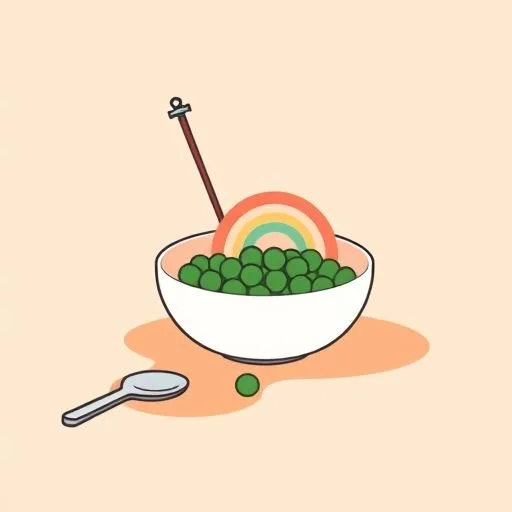
When the First Mistake Becomes the Warmest Teacher
Remember that moment when the spoon slipped out of your hand, landing in a mess of peas? We froze—and then laughed. You laughed in a way that made me realize how we learn to navigate uncertainty together. The way we face parenting challenges isn’t far from the way AI and human minds struggled through Plato’s 2,400-year-old puzzle—how to double the area of a square using only a compass and straightedge.
The AI’s errors, like our own parenting moments, turned into this amazing discovery path we never planned to follow.
That spilled milk, that frustrated look on the kids’ faces—watching you let them feel their own frustration, rather than rushing to fix it, showed me what quiet confidence looks like.
The way you sit with them in that moment, letting the chaos unfold into new understanding—that’s strength we can’t measure with any parenting guide.
Perhaps the key is to embrace the journey itself—the way we find confidence in the trial and error that makes us better parents.
Stumbling in Rhythm with the Ages
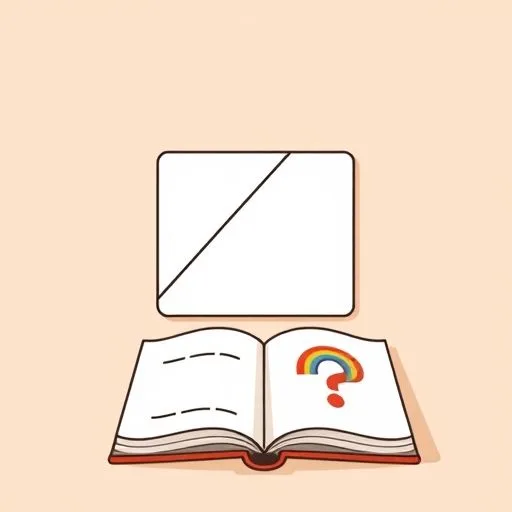
When we first faced the challenge of sleepless nights with the kids, I remember our instinct to search for the “right answer”—the perfect schedule, the perfect routine. But the AI, like us, initially thought that doubling the square’s diagonal would solve the problem easily.
It made a mistake, just like we did, trying to fit our kids into a perfect parenting box of on-time naps and foolproof systems.
That afternoon, when you let the toddler draw a rainbow on the wall—that was your own version of embracing the unexpected solution.
It wasn’t about the right color or shape—it was about letting their imagination become a new path to joy. You showed me—again—that we’re built for this journey exactly because of our willingness to explore the unexpected.
The research shows—and we’ve seen it—the more we learn through trial and error, the deeper our parenting instincts become.
How Uncertainty Becomes Our Guide
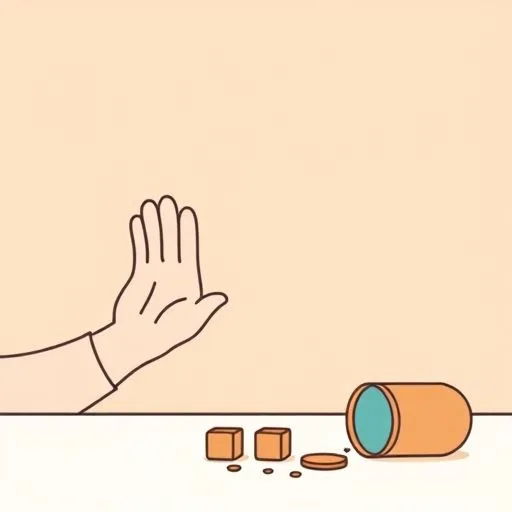
I noticed the way you hold your breath when the kids are about to make a mistake—the way you pause instead of rushing in.
That pause—it mirrors the way the AI, after failing to solve Plato’s puzzle, stopped to think rather than quit. Just like that AI moment, I saw the same pattern in our kitchen last week—stepping back when the kids spill the ingredients.
The “error”—like the messy table—became a lesson for them. For us, it became a lesson in the power of quiet observation.
You know what I realized? We could approach parenting with more curiosity, the way we’ve learned to sit with the kids during the chaos.
A few weeks ago, when the kids were building a tower that kept falling—you didn’t rebuild it for them. You sat with them, sharing that quiet confidence we all have in us. The way we navigate uncertainty, side by side, becomes the thread that binds us.
The Messy Table of Learning
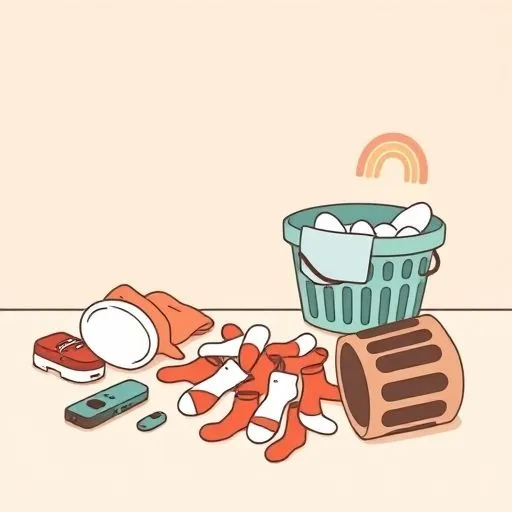
I think of that moment with the laundry pile—the one we could’ve folded perfectly, but instead, we folded it together, laughing at the mismatched socks. Folding socks that somehow never match, just like our favorite Korean-Canadian fusion meals—unexpected but perfect.
That’s the beauty of embracing imperfection. The AI’s journey—and Plato’s—was never about solving the puzzle. It was about exploring the process, just like parenting isn’t about checking off milestones but about the messy table, the laughter, the shared glances at the ‘’wrong answer’’ that turns out to be exactly right.
Your calmness when the kids take the wrong turn—the way you’ve learned to trust the journey—is what I’d like to share with other parents.
Because the heart of the matter isn’t the answer, but the parent who’s willing to explore the journey with their child—the messy, beautiful, uncertain path of learning together.
The Quiet Strength of Parenting Imperfectly
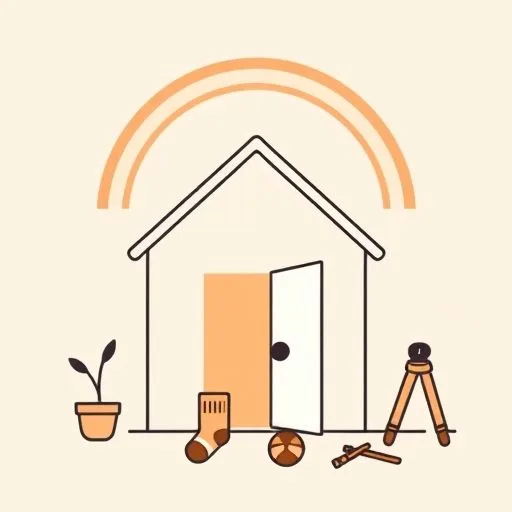
I see the way you’ve learned to let the uncertainty bloom—into curiosity, into resilience, into connection.
It’s not just about the AI or Plato’s puzzle. It’s about the way we’ve discovered that our children’s mistakes aren’t failures—they’re the first steps toward understanding.
Our own journey as parents, filled with the trial and error of navigating the unknown, shapes us—just as we saw it in the AI’s process of absorbing the puzzle’s deeper lessons.
In the end, you’re the one who taught me—as we’ve watched the kids—the power of letting go.
We’re building a home where the instruction isn’t the answer, but the journey. The way we fold the laundry together, mismatched socks and all.
Tonight, as we watch our kids explore their world, I’ll remember the quiet lesson you’ve shown me: That first mistake? It’s not just a step—it’s the spark that lights up their curiosity, and honestly, it lights up ours too!
Source: Scientists asked ChatGPT to solve a math problem from more than 2,000 years ago — how it answered it surprised them, Live Science, 2025/09/27 11:00:00
